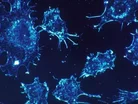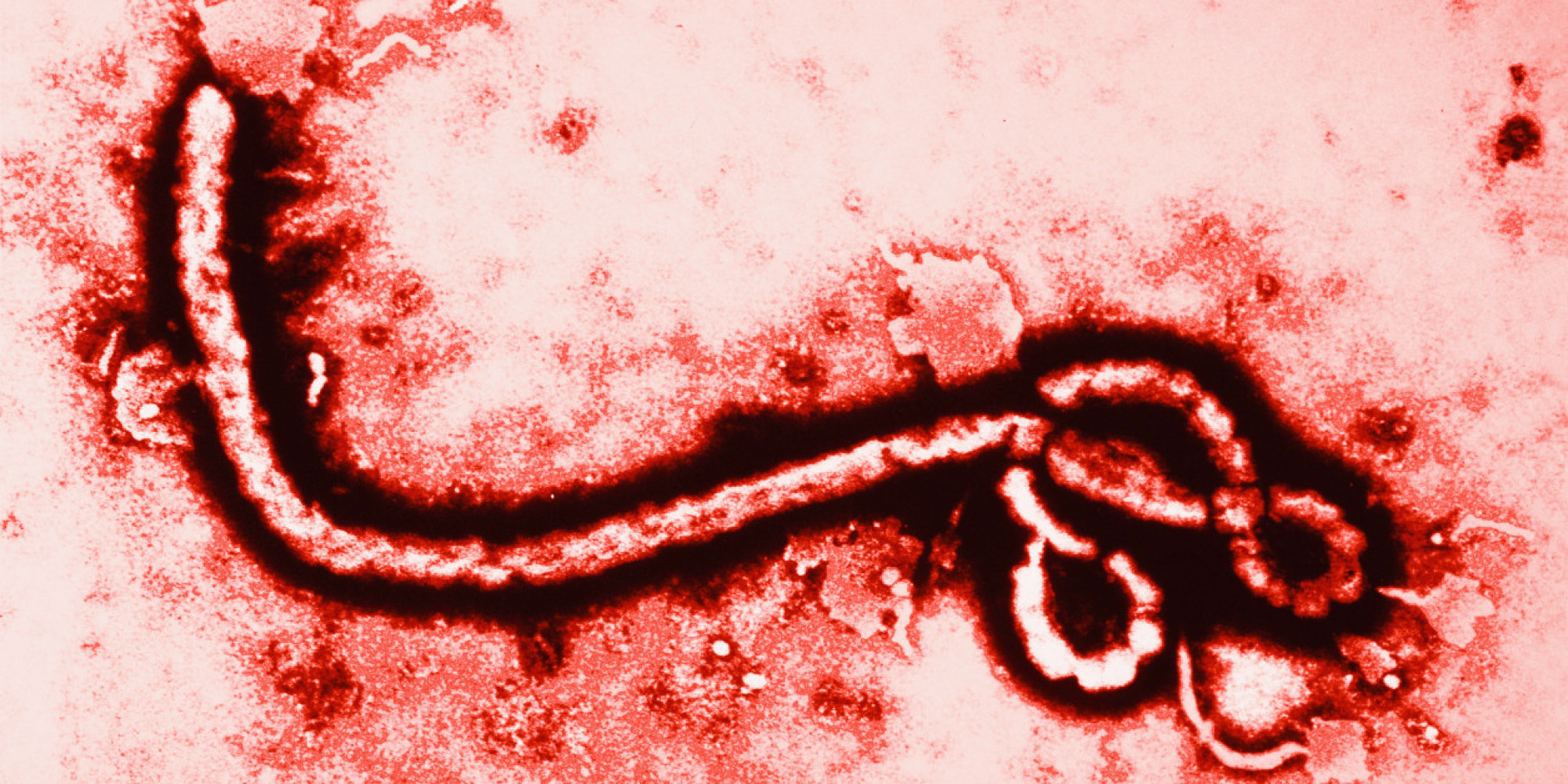5 Diseases Close to Being Cured

Vaccines play a vital role in eliminating diseases and prevention is often said to be better than a cure. While vaccines for some of the deadliest diseases on the planet still don’t exist, here are five that are being developed that could make a huge difference to people’s health worldwide.

HIV/AIDS
Although treatment drugs, such as antiretrovirals, have seen great advances and price drops since the 1990s, and prevention campaigns have had broad success, there is still no vaccine for HIV/AIDS.
HIV is particularly tricky to catch as it has developed ways to evade the body’s defense mechanisms, meaning the traditional vaccine approach just won’t work. Scientists are therefore getting more creative in their work to make an effective vaccine.
[READ MORE] TOP 10: Research Companies on the Forefront of HIV/AIDS Eradication

Malaria
Bill Gates recently announced that malaria will be his next target for disease eradication once polio has been dealt with. It should come as no surprise then that a malaria vaccine could be right around the corner, which is great news for the 207 million people infected by this disease every year.
The most promising candidate, and the one closest to market, is the RTS,S vaccine. In recent trials published in 2014, the vaccine was found to be 46 percent effective, when used with other interventions, such as insecticide treated bed-nets.

Tuberculosis
The BCG vaccine against tuberculosis (TB) is more than 90 years old by now. Although it protects against some of the most deadly forms of tuberculosis, it does not work well against pulmonary (lung based) TB, which is the most infectious form of the disease and accounts for most of the disease burden worldwide. When 1.4 million people are still dying of the disease every year, and cases of antibiotic resistant TB are rising, the need for a new vaccine has been growing stronger.
Luckily recent trial suggests that one new vaccine may fit the bill, by promoting better immunity to TB in mice, which could prove helpful in addressing this need for protection.
[READ MORE] We Are This Close to Ending Malaria Once and For All

Ebola
Ebola emerged in 1976 in what is now the Democratic Republic of Congo. Since then, it has involved relatively small numbers of cases in Central and West Africa, remerging throughout the 1990s and 2000s. In light of the recent epidemic, questions are now being asked about why, 28 years after the first outbreak, there is still no vaccine available. But with the impetus now there, trials are being fast-tracked and currently are taking place in UK, Mali and Switzerland.

Cancer
Vaccines against cancer? Remarkably, they’re already in use, with the Human Papillomavirus (HPV) vaccine helping reduce incidence of cervical cancer across the world and the hepatitis B vaccine targeting a major cause of liver cancer. But scientists want to go further.
Vaccines are now also being developed for infectious causes of stomach cancer and a type of liver cancer (hepatitis C), both of which could be useful preventative tools globally. Vaccines are also being targeted at other types of cancer, and a recent intervention that helps the body fight off cancerous cells involved in up to 80 percent of breast cancers has recently done well in a small trial in the U.S.
Follow us on Twitter (@HealthcareGlbl) and like us on Facebook!



